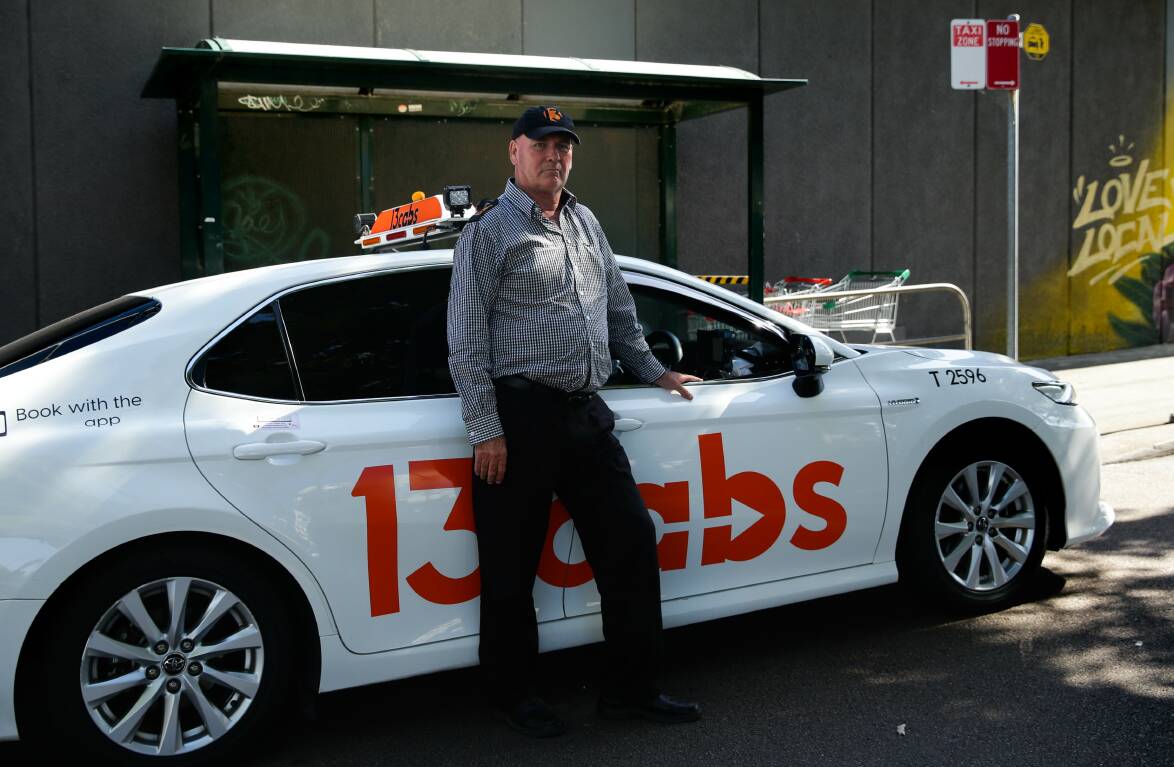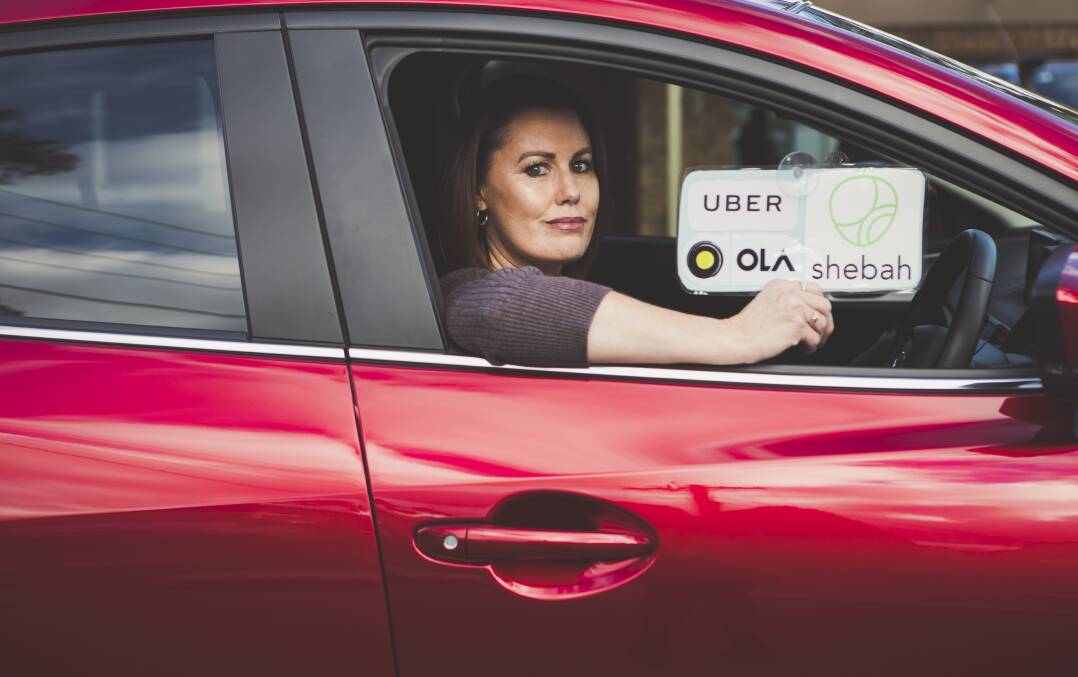
HUNTER taxi plate owners are angry at the compensation package unveiled this week by the NSW government, saying it comes nowhere near meeting the losses they've incurred since Uber and the other ride-share firms upended the taxi industry.
The industry body, the NSW Taxi Council, accepted a revamped $760-million offer this week that the government said would "fully deregulate the ('point-to-point' transport) industry and benefit customers in the long term".
But the fine print of the offer reveals dramatic geographical differences in compensation, with Sydney owners receiving $150,000 per plate, with the rest of NSW broken into four regions paying $195,000, $115,000, $85,000 and $40,000.
Most of the Hunter is in region three, paying $85,000, but Maitland, Morisset, Wyee and Singleton are among those areas in region four receiving $40,000 per plate.
IN THE NEWS:
-
Government manager resigns after 'private urination incident'
- Pair refused bail after ute allegedly stolen from Scone before being stopped near Tamworth
- Port of Newcastle container bill poised to pass Parliament with bipartisan support
- Why the open-air change rooms at Newcastle Ocean Baths are worth celebrating
Novocastrian Craig Richards, who has been negotiating for the industry as vice-president of the Taxi Owners Small Business Association, said yesterday that the package had been improved since the government's first offer, but with opposition leader Chris Minns having decided this week to endorse the Coalition offer, the industry had lost its bargaining power.
"We're extremely disappointed," Mr Richards said.
Information posted this week by Transport for NSW says the existing ride-share and taxi passenger levy of $1.00 per ride will be increased by 20 cents to $1.20 (which is $1.32 with GST), and extended to 2030.
The government says it has already paid $145 million to taxi owners, so the $760 million creates a full package of $905 million.
Mr Richards said information in two recent official reports indicated the total loss was about $1.6 billion, meaning the offer accepted by the Taxi Council was "substantially short" of what was fair.
He said the levy had already collected more than it had paid out.
He said the taxi industry believed Uber and other ride-share companies began "illegally" in Australia, with law firm Maurice Blackburn having lodged a class action against Uber in the Supreme Court in September 2020.
Mr Richards said NSW had more than 5300 taxi plates, including about 180 in Newcastle.
The industry expected the government to reissue the plates it is buying back, in what Transport for NSW describes as "a new regulatory framework" to start next year.
Taxi numbers are visibly down in Newcastle and plate owner Alex Macredis said he was one of many who had taken his cab off the road as it was "no longer viable".
"This has destroyed blokes, destroyed families, killed their businesses, and now we are left with little option but to take this," Mr Macredis said.
Ride-share companies such as Uber have all but killed off the traditional, heavily regulated tax industry. Enabled by decentralised finance and the global GPS system, the new age of point-to-point transport has proven a handful for governments across the world. Picture by Jamila Toderas

WHAT DO YOU THINK? We've made it a whole lot easier for you to have your say. Our new comment platform requires only one log-in to access articles and to join the discussion on the Newcastle Herald website. Find out how to register so you can enjoy civil, friendly and engaging discussions. Sign up for a subscription here.







